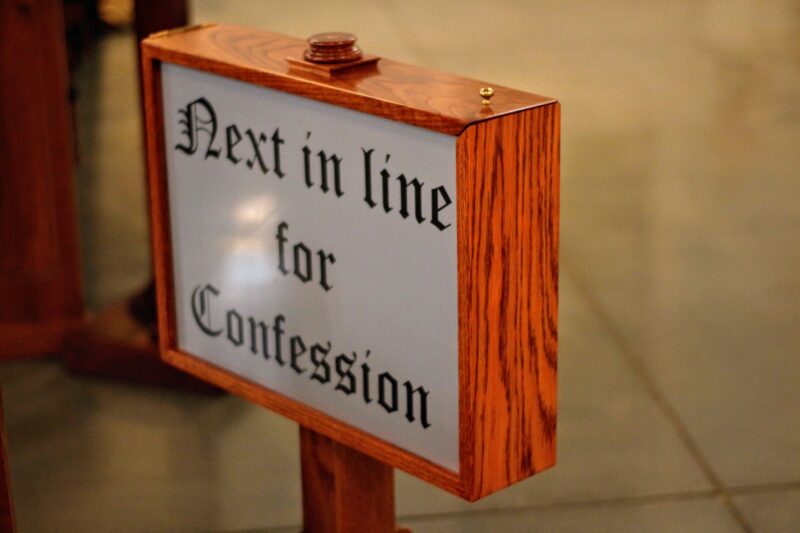I’m old enough to remember when cigarettes were glamorous. All the great movie stars smoked and whenever there was a tense scene in a movie, the star would take a long draw on their cigarette and slowly blow out the smoke across the screen. The slow-growing cloud of smoke could signal any number of things: the character was confused and didn’t know what to do next, or the character was resolute and the final decision had already been made, or the character had decided there’s nothing they can do and they’ve resigned themselves to the fates.
Either way, cigarettes were considered cool, even sexy. If you wanted to be cool like your favorite movie star, then you would smoke too.
Then we discovered the link between cigarettes and cancer. Overnight, smoking became uncool and almost criminal. If you smoked, you had to go stand in a designated smoking area outside. No one could smoke inside of any building. If you smoked, your insurance rates went up and there were some doctors who wouldn’t take you as a patient. Even before smoking in restaurants was against the law, restaurants, like airlines, had smoking and non-smoking sections. inappropriate behavior in the wrong section brought about social shaming and even more direct confrontations.
In school, we were forced to go to health lectures where we were told about the evils of smoking. A nurse or doctor would tell us about all of the chemicals in cigarettes and what they did to the body. There would be a large medical jar holding a tumor-laden lung on display. There would be pictures of yellow teeth and cancer of the mouth, lips, and throat.
Of course, now, remember the times. The young female students were told what smoking would do to their skin.
The message was plain. Cigarettes would kill you and make you ugly doing it.
The church’s clumsiness in talking about sin has reminded me of those early days of the anti-smoking campaigns. How do you address the dangers of the behavior without making it sound cooler than it is? Some studies have suggested that abstinence classes can, in some cases, increase sexual activity among young people. They become more comfortable talking about the subject and more aware of how to protect themselves from any anticipated negative impact.
The irony of it all is, if we’re not careful, we’ll talk about sin and, despite all of our warnings, our congregations may find sin more attractive after the sermon than they did before.
Sadly, for all our condemnation of sin and unrighteousness, I fear we’ve only made it more attractive. To hear some describe it, the church is made up of sexually repressed, uptight neurotics who haven’t dealt well with our daddy issues. I’m sure there are people like that in our churches. When you open the doors of the church and don’t charge admission, all kinds of people walk in, but that’s beside the point.
The quality and mental health of our membership doesn’t change the fact that sin has consequences. Ugly, life-altering, irreparable consequences that can’t easily be undone. Sometimes, these consequences can’t ever be undone. I’ve lived long enough to know you don’t get away with anything. Sure, some people may never be convicted in a court of law, but the universe was founded on justice. Sooner or later, creation self-corrects.
We weren’t created to tolerate the ravages of sin. It breaks down our bodies. For instance, sex is God’s good gift to a man and woman to express their love within the bounds of a committed marriage. In the best moments, souls touch, and the couple are bonded closer together. In casual hook-up sex, souls still touch, but then the couple disengages and the souls are pulled apart. The souls tear when they pull apart and although they heal, scars don’t have feelings. These days, we have too many young adults whose souls are so scarred they can’t feel anything at all. Our bodies weren’t created for multiple sex partners.
As a result, we’ve become numb. We’re unable to give love and unable to receive love. Every addiction leaves us the same way — numb. Sin is ugly. Sin makes you numb. Sin destroys lives.
Lent isn’t a beautiful holiday. It begins with our foreheads being smeared with ashes as we’re reminded we’re going to die. We’re walking toward Easter through the final days of Jesus’ life. It’s not pretty. His prayer of blood and sweat in Gethsemane, His arrest and torture, the cross — Lent is silence, darkness, pain, and ugliness.
Lent reminds us of what sin does. To be sure, it is sin we’re talking about. This is our sin. These are our consequences. The stripes on His back, the nails in His hands — this is what our sin has done. The debt won’t go unpaid.
Lent is the journey where we’re reminded we haven’t gotten away with anything. We may not have been caught, but the bill came due. Someone will have to pay. Lent makes us think about our actions, our sins, our consequences.
It’s ugly, but Lent won’t let us lie to ourselves anymore.









